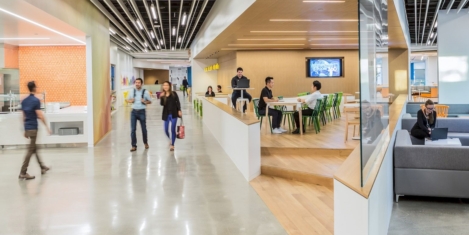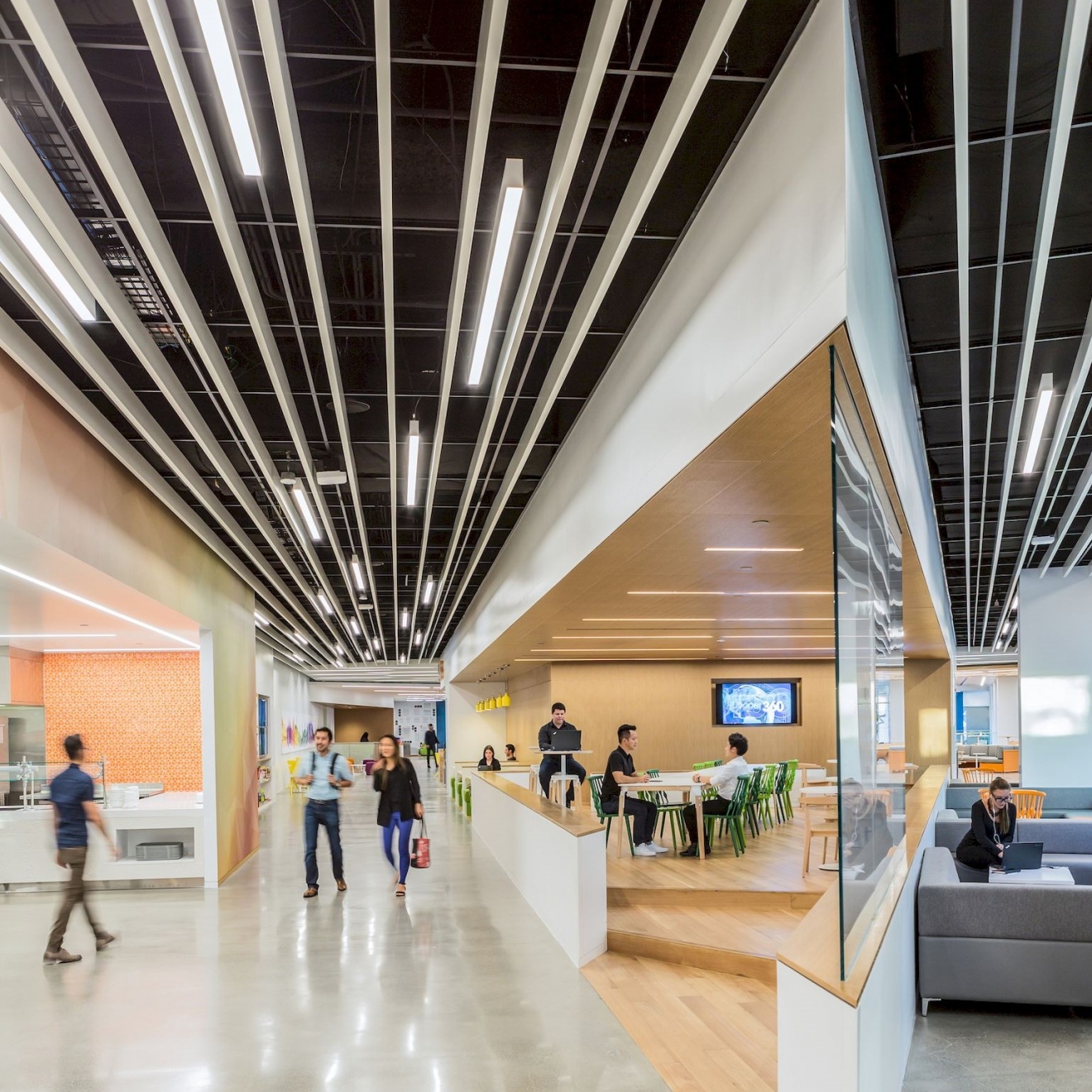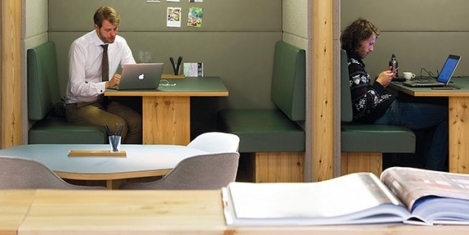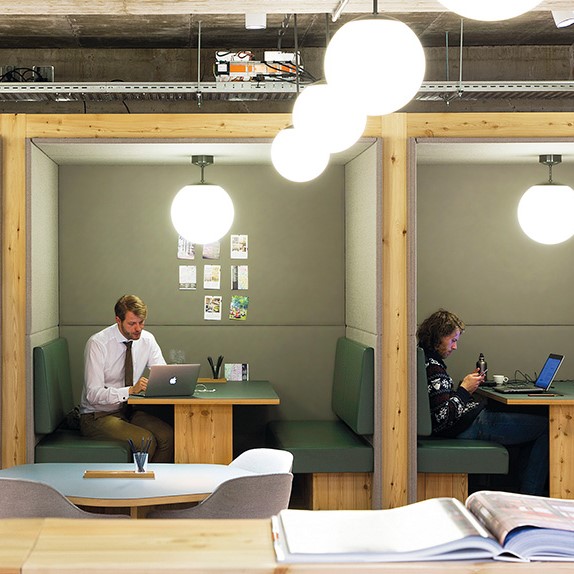August 4, 2022
ESG: only a third of people think their workplace has a positive impact on society and the environment
 According to a poll from YuLife and YouGov, just over a third (39 percent) of people think their place of work has some sort of positive impact on society and the planet. This is in spite of the many announcements from organisations about how ESG (environmental, social, and corporate governance) can boost employee engagement and help them stand out from their competitors. With many businesses having upped their ESG investment in recent years, the new YuLife-YouGov report claims to shed light on what UK working adults want and expect from their workplaces, equipping businesses with vital insights into how to focus their ESG programmes most effectively. (more…)
According to a poll from YuLife and YouGov, just over a third (39 percent) of people think their place of work has some sort of positive impact on society and the planet. This is in spite of the many announcements from organisations about how ESG (environmental, social, and corporate governance) can boost employee engagement and help them stand out from their competitors. With many businesses having upped their ESG investment in recent years, the new YuLife-YouGov report claims to shed light on what UK working adults want and expect from their workplaces, equipping businesses with vital insights into how to focus their ESG programmes most effectively. (more…)







 New research from
New research from 























June 27, 2025
Navel gazing may not be the answer to the challenges facing workplace professions
by Mark Eltringham • Comment, Facilities management, Workplace, Workplace design
An adherence to strongly held beliefs can make people think and behave in peculiar ways and get them tangled up in peripheral issues that take on a great deal of significance. Early religious artists, for example, spent centuries wrestling with the seemingly intractable problem of whether to depict Adam and Eve with belly buttons or not. (more…)